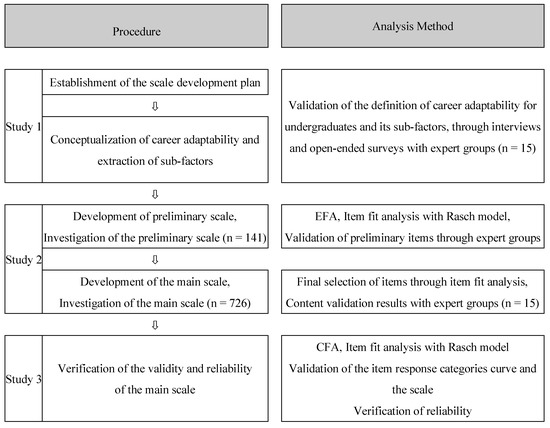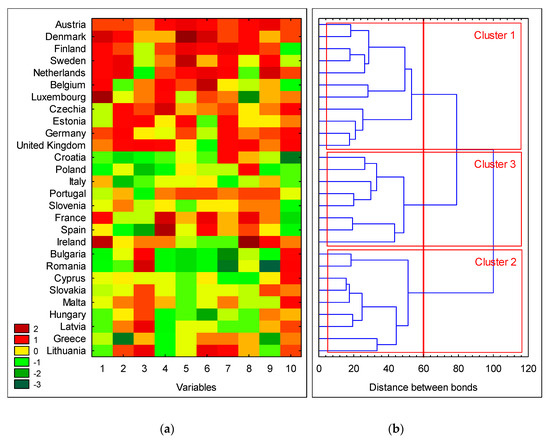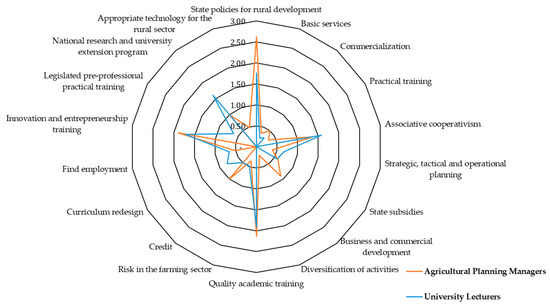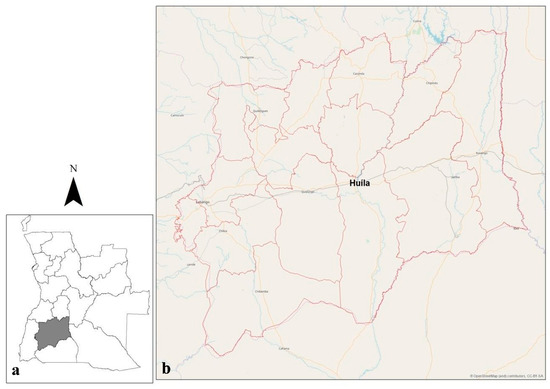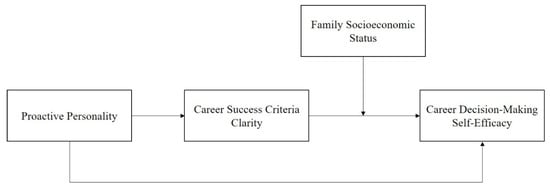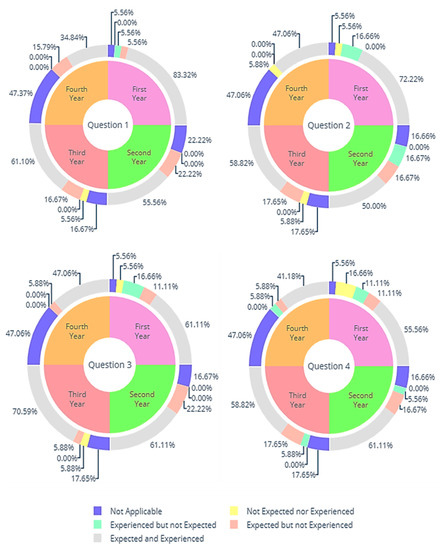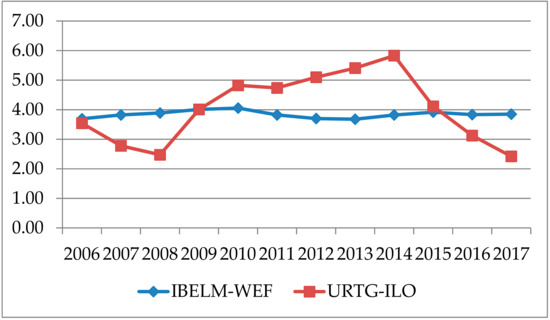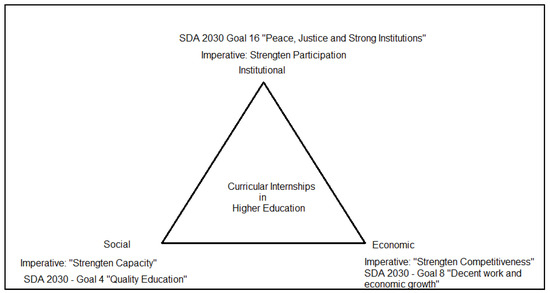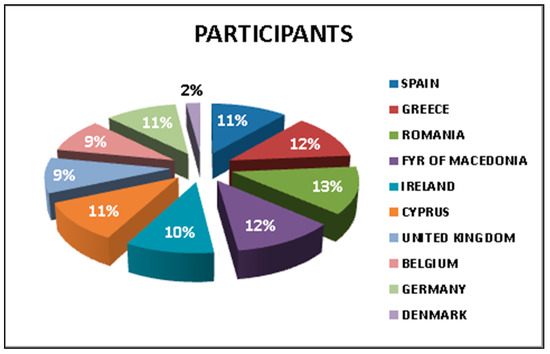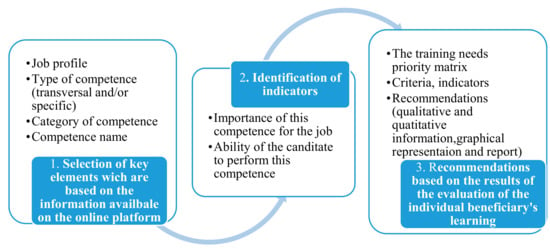Graduate Employment and Sustainability in a Global and Changing Labour Market: Challenges and Opportunities for Higher Education (Closed)
A topical collection in Sustainability (ISSN 2071-1050). This collection belongs to the section "Sustainable Education and Approaches".
Viewed by 117588Editor
Interests: science education and communication; teacher education (pre-service and in-service); professional development; development cooperation; research equity; evaluation in educational research
Special Issues, Collections and Topics in MDPI journals
Topical Collection Information
Dear Colleagues,
Higher education institutions are increasingly concerned with the professional insertion of (their) students. While the major concern has been the design of institutional mechanisms that promote students’ transition from higher education to work contexts (formal employment and self-employment), there has been an increased need to integrate the development of personal competences that sustain self-realization and the ability to articulate life goals outside and inside work.
Under the framework of the fourth goal of the Sustainable Development Agenda, namely targets 4.3 and 4.4. (https://www.un.org/sustainabledevelopment/education/) this Special Issue aims to address the relationships between higher education institutions (such as as universities and polytechnic schools) and the employability/employment of graduates from around the world, namely in developed countries, as well as in developing countries, where higher education is presently in significant expansion. Note that this Special Issue integrates as stakeholders not just university teachers/academics, but also institutional leaders and (future) workers, as well as policy makers.
We invite authors to contribute to this Special Issue by submitting empirical or theoretical research triggering a broader reflection on the integration of sustainability, in its diverse definitions and conceptualizations, into the (higher) education of (future) workers from the natural sciences and social sciences.
Contributions around the following themes are particularly welcomed:
- The changing competencies required in order to respond to the needs of a changing labour market and/or societal needs informing future or ongoing work, and education programmes/strategies.
- Development of effective partnerships, including international cooperation, between higher education and employment institutions (both from the private and public sector),
- Design, implementation and evaluation of innovative (higher) education and training programmes integrating work-related skills and non-cognitive transferable skills (such as ICT skills, entrepeneurial skills, etc.), namely in collaboration with other social partners (HIE from other countries, companies, NGOs, etc.)
Dr. Betina Silva Lopes
Guest Editor
Manuscript Submission Information
Manuscripts should be submitted online at www.mdpi.com by registering and logging in to this website. Once you are registered, click here to go to the submission form. Manuscripts can be submitted until the deadline. All submissions that pass pre-check are peer-reviewed. Accepted papers will be published continuously in the journal (as soon as accepted) and will be listed together on the collection website. Research articles, review articles as well as short communications are invited. For planned papers, a title and short abstract (about 100 words) can be sent to the Editorial Office for announcement on this website.
Submitted manuscripts should not have been published previously, nor be under consideration for publication elsewhere (except conference proceedings papers). All manuscripts are thoroughly refereed through a single-blind peer-review process. A guide for authors and other relevant information for submission of manuscripts is available on the Instructions for Authors page. Sustainability is an international peer-reviewed open access semimonthly journal published by MDPI.
Please visit the Instructions for Authors page before submitting a manuscript. The Article Processing Charge (APC) for publication in this open access journal is 2400 CHF (Swiss Francs). Submitted papers should be well formatted and use good English. Authors may use MDPI's English editing service prior to publication or during author revisions.
Keywords
- Higher education (polytechnic institutions and universities)
- Employment
- Employability
- Work education
- Work-based learning (WBL)/work-integrated learning (WIL)
- Technical and vocational education and training
- Sustainable development agenda
- Sustainability





